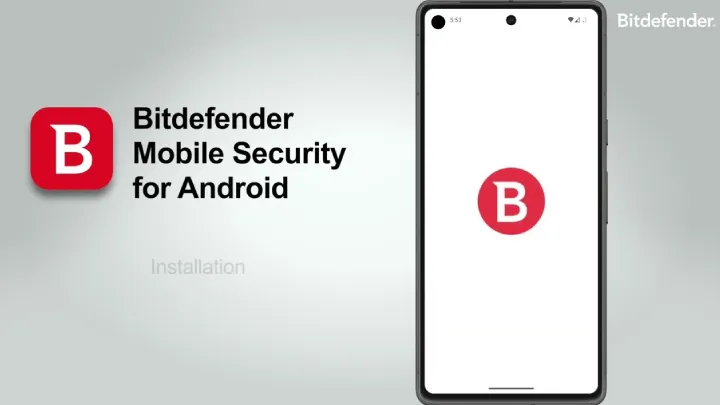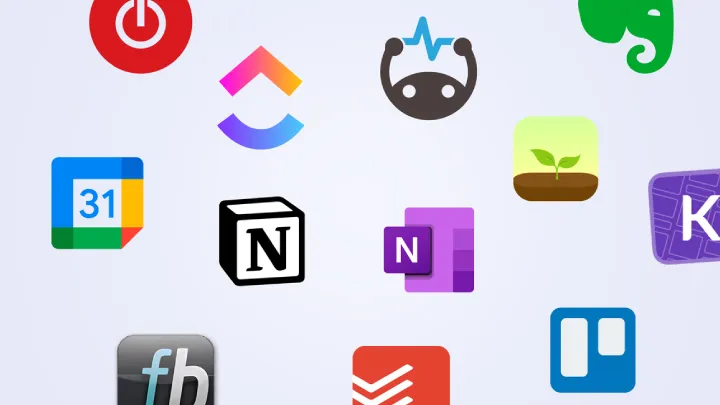In today’s hyperconnected world, data is both an invaluable asset and a vulnerable target. From personal photos and banking information to corporate trade secrets and customer records, digital data has become the lifeblood of our lives and businesses. Unfortunately, with its immense value comes significant risk. Cyberattacks, phishing schemes, ransomware, identity theft, and spyware infections are no longer distant threats—they are daily realities. In 2025, the cost of cybercrime is projected to surpass trillions of dollars globally, affecting individuals, small businesses, and multinational corporations alike.
This evolving threat landscape demands that we move beyond basic awareness and adopt strong, proactive defenses. While traditional antivirus software still has its role, modern cybersecurity requires a broader toolkit—tools that leverage artificial intelligence, behavioral monitoring, encrypted networks, and multi-layered protection to safeguard data across devices and platforms.
This article explores the Top 5 Cybersecurity Apps to Protect Your Data in the Digital Age. Each of these apps represents a different angle of protection—ranging from password management to secure browsing, device defense, and threat detection. Together, they provide a holistic approach to digital safety.

1. Norton 360 Deluxe – All-in-One Digital Shield
Why Norton Still Matters in 2025
Norton has been a household name in cybersecurity for decades, but the company has evolved far beyond traditional antivirus solutions. In 2025, Norton 360 Deluxe stands out as an all-in-one security ecosystem that covers identity protection, VPN services, real-time threat detection, dark web monitoring, and even parental controls. It is designed to shield both individuals and families from a wide spectrum of cyber risks.
Features and Strengths
Norton 360 Deluxe includes AI-driven malware protection capable of identifying new threats before they spread widely. Its integrated VPN encrypts all traffic, preventing snooping on public Wi-Fi networks. Dark web monitoring scans illicit forums and alert users if their personal information—like credit card details or email credentials—appears in stolen databases. Another valuable feature is cloud backup, which provides an extra layer of safety against ransomware attacks that lock or destroy files.
Pros and Cons
The biggest advantage of Norton 360 Deluxe is its comprehensiveness. Rather than juggling multiple standalone apps, users get an integrated platform. However, this breadth comes with a cost: the app can sometimes feel heavy on older devices, and premium plans can be expensive for casual users. Still, for those seeking a one-stop solution, it delivers peace of mind.
Rating
Norton 360 Deluxe earns 9/10, excelling in coverage and reliability but slightly weighed down by performance trade-offs.
2. Bitdefender Mobile Security – Advanced Protection for Smartphones
The Rising Threat to Mobile Devices
While many people focus on securing their laptops and desktops, mobile devices have become the primary targets for cybercriminals. Smartphones hold payment apps, emails, personal chats, health records, and even work-related files. Bitdefender Mobile Security addresses this growing need with one of the most advanced mobile defense systems available in 2025.
Features and Strengths
Bitdefender Mobile Security offers on-demand and real-time scanning to detect malware, spyware, and ransomware specifically engineered for Android and iOS. Its web protection feature blocks phishing attempts disguised as legitimate websites. Another standout is account privacy monitoring, which checks if your email accounts have been compromised in breaches. The built-in VPN enhances security when using unsecured Wi-Fi hotspots.
One of its most innovative features is the “App Anomaly Detection” tool. Powered by AI, it identifies suspicious app behavior in real time, such as an app suddenly trying to access contacts or send SMS messages in the background.
Pros and Cons
Bitdefender Mobile Security is lightweight and doesn’t drain battery life, which is a common issue with many security apps. On the downside, some advanced features, such as unlimited VPN usage, require an additional subscription.
Rating
For mobile protection, Bitdefender Mobile Security scores 9.2/10, combining strong detection rates with efficiency.
3. Dashlane – Mastering the Art of Password Security
Passwords: The Weakest Link in Cybersecurity
No matter how advanced cybersecurity systems become, weak or reused passwords remain the Achilles’ heel of online security. Dashlane, a leading password manager, solves this issue by generating, storing, and autofilling complex passwords across all devices. In 2025, it continues to be one of the most secure and user-friendly options available.
Features and Strengths
Dashlane’s zero-knowledge architecture ensures that even the company itself cannot access user data. It uses AES-256 encryption—the gold standard in cybersecurity—to safeguard credentials. The app also includes password health reports, automatically suggesting when to update weak or compromised logins. Its dark web monitoring alerts users instantly if their credentials appear in breaches.
A newer feature introduced in 2025 is “Passwordless Login.” Instead of relying solely on master passwords, Dashlane integrates with biometric authentication and passkeys, making the login experience faster and safer.
Pros and Cons
Dashlane’s interface is intuitive, and syncing across devices is seamless. However, unlike free password managers built into browsers, Dashlane requires a subscription, which may not appeal to casual users. That said, the investment is minor compared to the risks of compromised accounts.
Rating
Dashlane scores 8.8/10, slightly behind in affordability but ahead in usability and innovation.

4. ProtonVPN – Privacy Without Compromise
Why VPNs Are Essential in 2025
Virtual Private Networks (VPNs) are no longer niche tools used by tech enthusiasts. In the digital age, where governments, ISPs, and cybercriminals monitor online behavior, VPNs are critical for maintaining anonymity and security. ProtonVPN stands out in 2025 as one of the most trusted, transparent, and privacy-focused VPN providers.
Features and Strengths
ProtonVPN is built by the same team behind ProtonMail, the famous encrypted email service. It offers a strict no-logs policy, meaning your online activities are never recorded. The app uses advanced encryption and supports features like Secure Core, which routes traffic through multiple countries to prevent tracking.
Unlike many VPNs that slow down internet connections, ProtonVPN is optimized for speed and supports streaming, torrenting, and gaming. The app also integrates with Tor over VPN for an additional anonymity layer.
Pros and Cons
ProtonVPN’s biggest advantage is its commitment to transparency and open-source development. Users can audit its code for security verification. On the downside, while ProtonVPN offers a free version, advanced features are locked behind higher-tier subscriptions.
Rating
ProtonVPN earns 9.3/10, praised for its uncompromising stance on privacy and robust infrastructure.
5. Malwarebytes – Intelligent Threat Detection for Modern Risks
The Evolution of Malware Defense
Malwarebytes has built its reputation on detecting threats that other security software often misses. In 2025, the app continues to be a leader in advanced malware detection, particularly against ransomware and zero-day attacks—those vulnerabilities that hackers exploit before developers can issue patches.
Features and Strengths
Malwarebytes uses machine learning to analyze patterns of suspicious activity. Instead of relying solely on signature-based detection, it identifies anomalies, making it highly effective against previously unknown threats. The app also provides real-time ransomware protection, preventing files from being encrypted without authorization.
Another advantage of Malwarebytes is its compatibility. It works well alongside other antivirus software without conflicts, making it an excellent secondary line of defense.
Pros and Cons
The app is lightweight and highly effective, but unlike Norton or Bitdefender, it doesn’t offer a built-in VPN or password management features. It’s best used as a specialized tool within a broader security ecosystem.
Rating
Malwarebytes earns 8.9/10, excelling in malware detection but lacking additional features.

The Bigger Picture: Building a Multi-Layered Defense
Cybersecurity in the digital age cannot rely on a single app or tool. Just as a house requires locks, alarms, and surveillance cameras, digital security requires multiple layers of defense. A VPN ensures privacy, a password manager strengthens logins, and antivirus software detects and removes threats. Combining these tools creates a holistic shield against modern cyber risks.
Furthermore, user behavior remains the most critical factor. No app can protect against careless clicking, oversharing on social media, or ignoring software updates. The most effective cybersecurity strategy combines the power of these apps with informed digital hygiene practices.
Conclusion
In 2025, the threats to our digital lives are more sophisticated than ever, but so are the tools designed to combat them. Norton 360 Deluxe, Bitdefender Mobile Security, Dashlane, ProtonVPN, and Malwarebytes represent the Top 5 Cybersecurity Apps to Protect Your Data in the Digital Age, each offering unique strengths that address different aspects of online security.
By integrating these apps into your digital routine and maintaining responsible online habits, you can safeguard your most valuable asset—your data. Cybersecurity is no longer optional; it is the foundation of digital freedom and trust in an interconnected world.

















